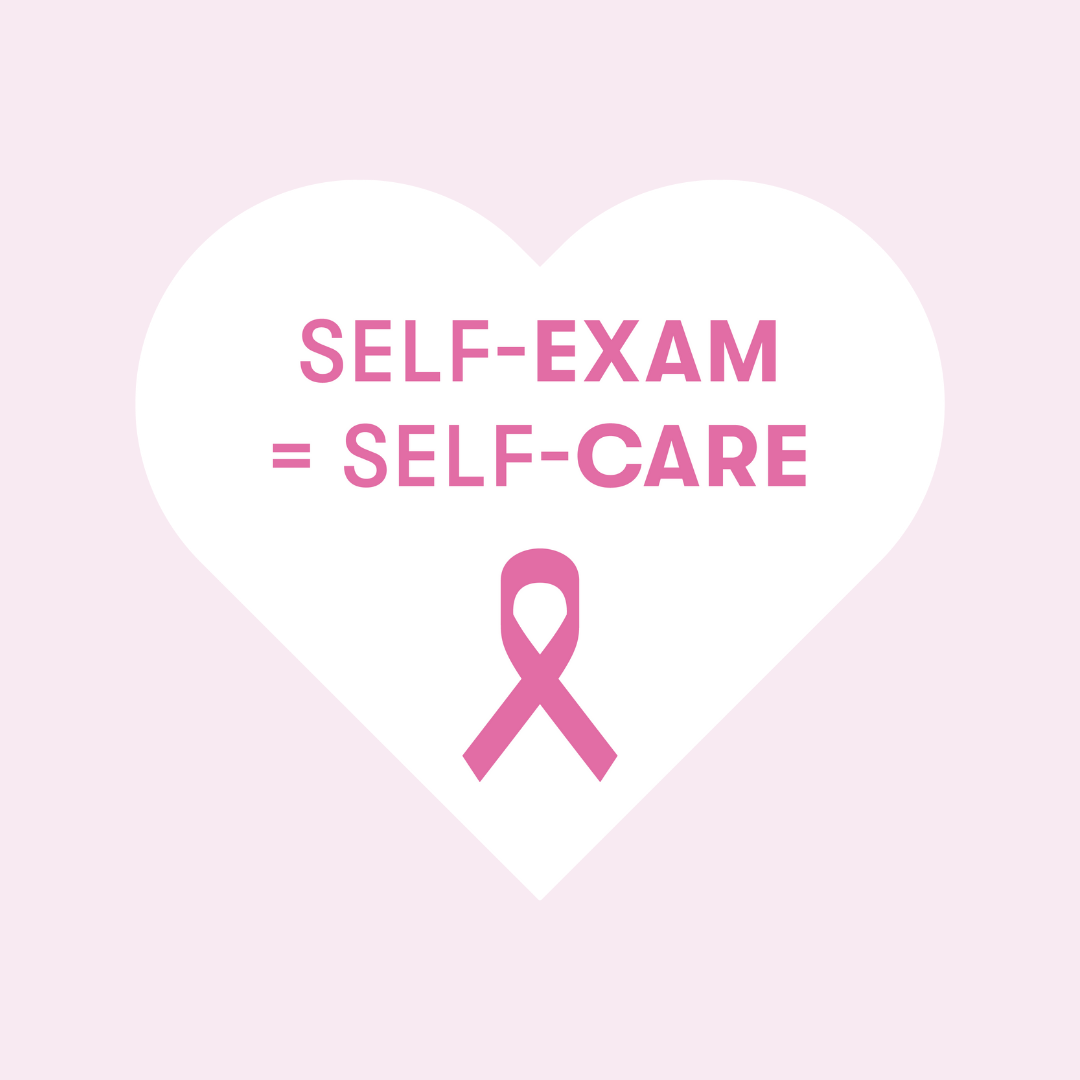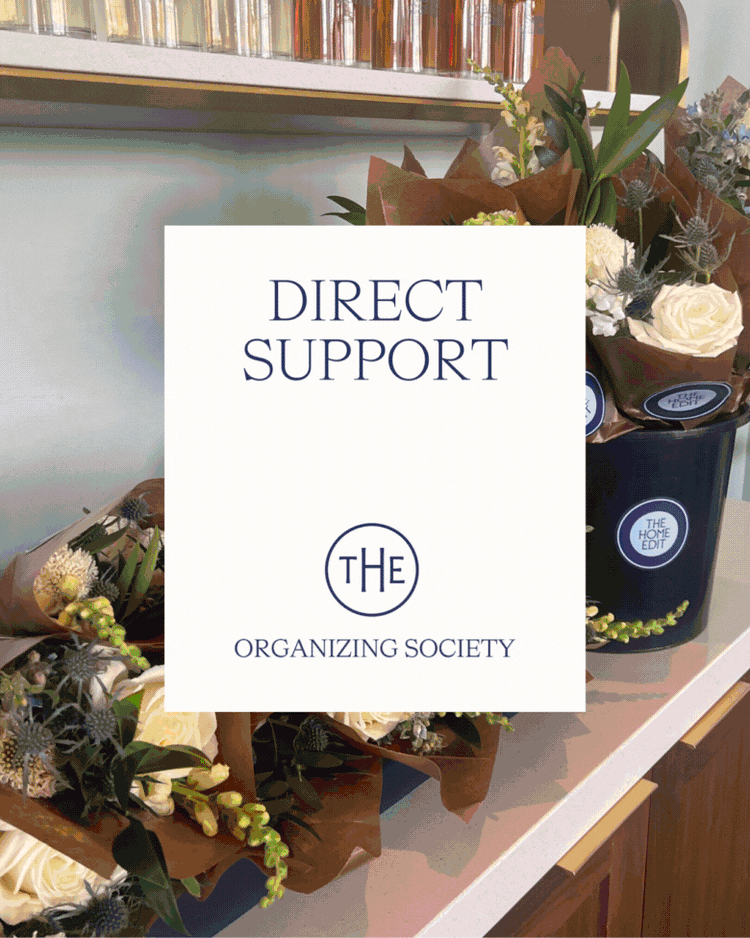It's officially Breast Cancer Awareness Month. As a community of women, sisters, mothers, friends, and survivors, it's our mission to continue raising awareness about early detection, and making sure that women have access to screenings wherever they live and whenever they need them.
Here, we've compiled a list of helpful resources to encourage you to get screened, take action, and take care of yourself this month and beyond.

Early Detection
Did you know? When breast cancer is diagnosed in its early stages, the survival rate is over 90%. Being your own advocate and contacting a physician when you see or feel something suspicious might just be the first step in detecting disease.
On the first of every month, set a reminder to do a breast self-exam. If you feel a lump, a change in skin texture, or notice a visual change, it is important to call your doctor for further screening (this goes for men, too!)
MORE EARLY DETECTION STATS:
- Breast density is a risk factor in breast cancer. Dense breast tissue has nothing to do with weight or fitness level. It is simply how the tissue presents in the breast, making it harder to detect tumors on mammograms, especially when they are small and early-stage. When you go for your next mammogram, ask about your breast density score. If you are high on the scale, a breast ultrasound or MRI may be suggested in addition to that annual mammogram. Tap here to learn more!
- Despite popular myth, only 10-15% of breast cancers are due to inherited risk, and family history and genetic mutations heighten risk of occurrence. Nearly 90% of all breast cancers are random however, and can occur even in women under 40, the age at which a mammogram is usually first recommended. If you don’t know your risk but have a family history, are Black, or of Ashkenazi Jewish descent, undergoing genetic testing is highly recommended. Not sure how to get started? Contact Breast Cancer Alliance here to learn more!
- Insufficient knowledge of family history and inadequate access to quality health education and care can all lead to lower survival rates. Breast Cancer Alliance offers free educational resources for all on a variety of breast cancer-related information. Tap here to view the webinars and find the one that's right for you.








